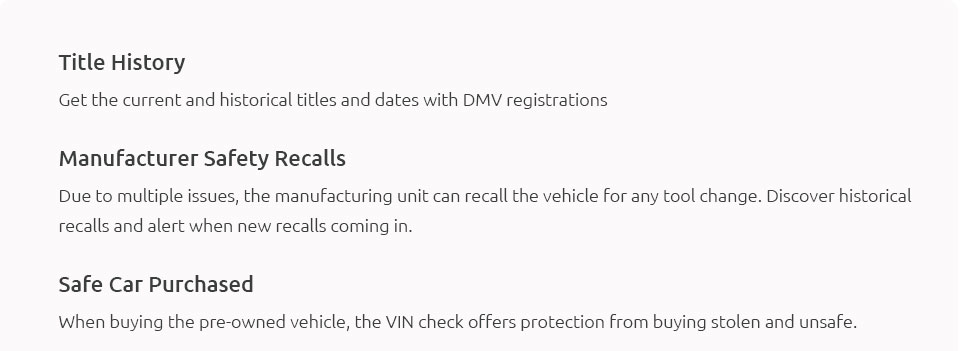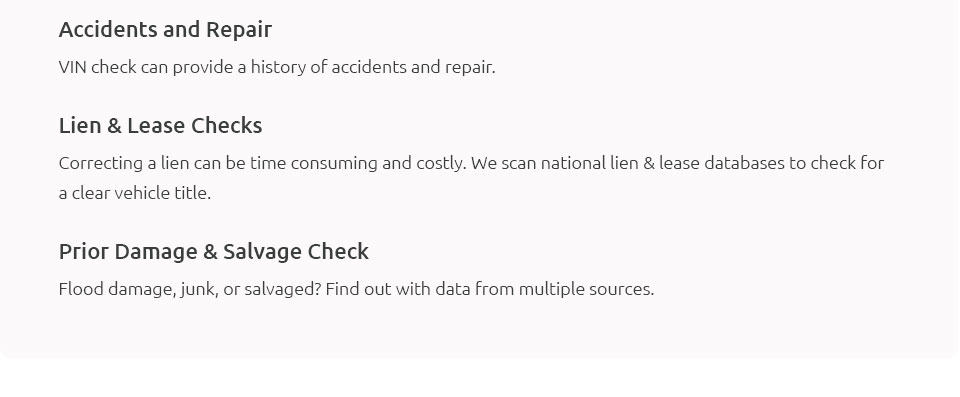 |
 |
 |
 |
 |
||
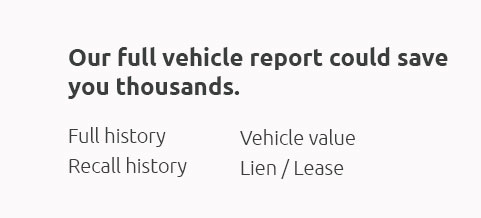 |
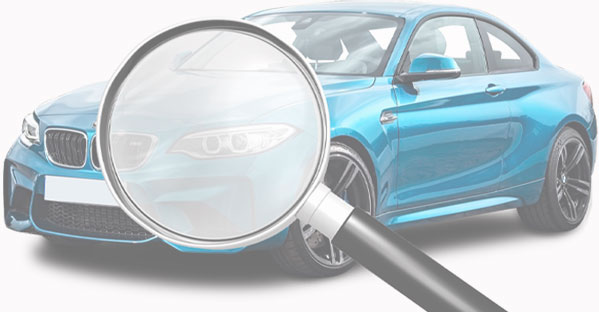 |
|
 |
 |
|
 |
 |
 |
 |
||
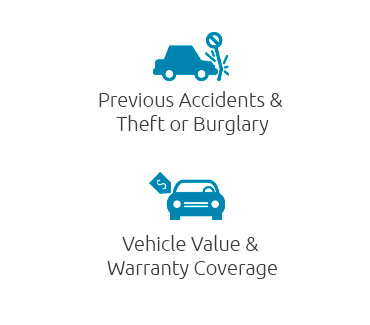 |
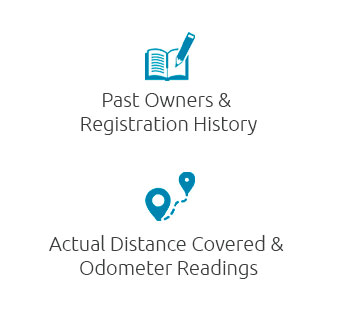 |
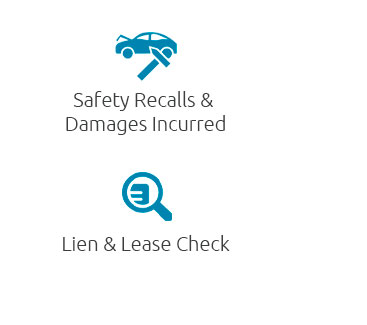 |
 |
 |
 |
||||
|
||||
 |
 |
Exploring the Concept of Searching VIN by License PlateIn the vast landscape of vehicle identification, the concept of searching a VIN by license plate has emerged as a crucial tool for individuals aiming to gather comprehensive insights about a vehicle's history. The Vehicle Identification Number (VIN) serves as a unique fingerprint for vehicles, encapsulating vital information such as the car's manufacturer, model, and year of production. However, the direct correlation between a license plate and a VIN is often less straightforward, necessitating a nuanced understanding of the process. At its core, the practice of linking a VIN to a license plate revolves around leveraging databases that maintain meticulous records of vehicle registrations. These databases, often managed by governmental or authorized private entities, allow users to input a license plate number and retrieve the corresponding VIN. This capability is not only beneficial for potential car buyers but also for individuals seeking to verify vehicle details for legal or personal reasons. One might wonder, why is this process so pivotal? The answer lies in the wealth of information a VIN can provide. By conducting a how to search vehicle owner history, users can uncover an array of details, ranging from previous ownership records to accident history and maintenance logs. This can significantly influence a buyer's decision-making process, providing a layer of transparency and security that is indispensable in the used car market. Furthermore, the ability to search a VIN via a license plate is especially advantageous for enthusiasts of specialized vehicles, such as motorhomes. With a motorhome vin number lookup, individuals can access detailed specifications and past ownership records, facilitating informed decisions when purchasing or insuring such vehicles. While the utility of this search process is undeniable, it is essential to approach it with an understanding of the regulatory and privacy considerations that govern access to vehicle records. Different regions may have varying laws regarding who can access this information and for what purposes. Therefore, it is prudent to ensure compliance with local regulations when engaging in such searches. In conclusion, the ability to search a VIN by license plate is a powerful tool in the arsenal of anyone navigating the complexities of vehicle ownership and history verification. By harnessing this capability, individuals can make informed decisions, ensuring transparency and security in their transactions. As the automotive landscape continues to evolve, staying informed about such processes will undoubtedly remain an asset to any vehicle owner or prospective buyer. https://www.youtube.com/watch?v=9ndzvtSqbj8&pp=ygUSI251bWJlcnBsYXRlZm9yY2Fy
... VIN (vehicle identification number). Easy. 3. Turn the VIN into a name and/ address. Harder, but it can sometimes be done. Follow the video ... https://www.ncdot.gov/dmv/offices-services/records-reports/Pages/vehicle-records.aspx
Search. It looks like your browser does not have JavaScript ... Huntersville License Plate Agency. 12101 Mt. Holly-Huntersville Road. https://www.vinaudit.com/license-plate-lookup/north-carolina
This powerful tool provides access to essential information about a vehicle's history, ownership, and potential issues without any cost.
|

